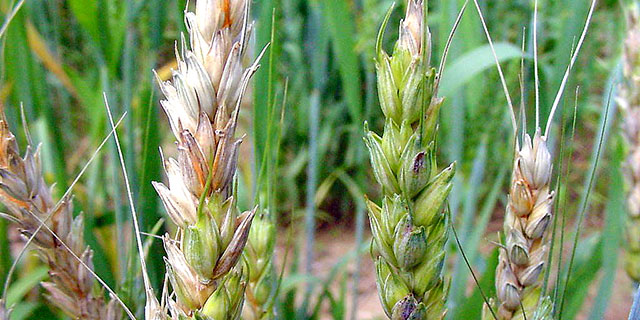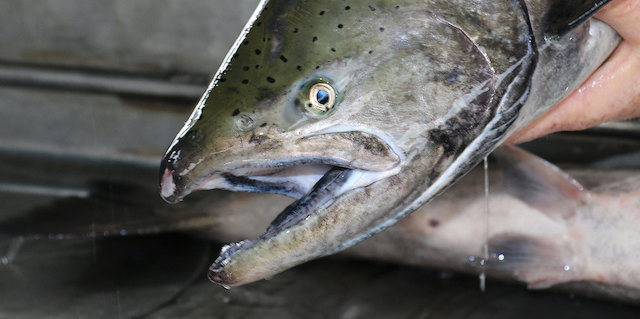Grant to target stress, suicide prevention in Washington state
Published 9:45 am Tuesday, September 7, 2021

- A screen shot from the video on the Washington State University Extension Service suicide prevention website.
The Washington State Department of Agriculture has received a $500,000 grant to work with the state Department of Health and Washington State University Extension to address stress and suicide prevention in agriculture.
The project will focus on increased stress in the farming and ranching community due to challenges brought on by the COVID-19 pandemic and natural disasters such as drought and wildfires.
The department will use the grant, from USDA’s National Institute of Food and Agriculture, to support the Farming Stress and Suicide Prevention Project, a joint effort to set up a mental health counseling and financial advising network for farmers and ranchers.
WSDA will administer the grant. The health department will develop a voucher program to give farmers and their families access to counseling services with participating practitioners in the Washington State Department of Veterans Affairs network.
WSU will develop financial literacy workshops and share suicide prevention approaches geared toward rural, agricultural populations.
WSU’s current Farm Stress and Farm Health and Safety programs will continue to provide guidance and coordinate within the agriculture network.
“It has been a long time since agriculture has been this stressful,” Donald McMoran, principle investigator and director of WSU Extension in Skagit County, told the Capital Press.
“(There) is an urgent and increasing need to address mental health more generally,” said Elizabeth Weybright, WSU associate professor and interim director of WSU Extension’s Youth and Families program.
“Rural settings often experience worse health outcomes, including mental health, due to factors such as lack of access to health care providers or specialists and stigma surrounding treatment,” Weybright added. “Obviously, COVID-19 has increased these stressors in multiple ways.”
McMoran said he grant will put “a trained suicide prevention economist in the board room and/or kitchen table for any farmer in Washington state that could use the assistance. Unfortunately, we can’t bring back the farmers and farm workers we have lost to agricultural suicide but we can bring tools forward to assist those in a difficult spot.”
Suicidal signs can include:
• Change in routine.
• Decline in care of farm and/or livestock.
• Change in mood (anxious, agitated, angry).
• New or increased financial pressures.
• Loss of interest in hobbies or activities.
• Giving away prized possessions.
McMoran recommends contacting the National Farm Aid Resource Line at 1 800 Farm Aid or the National Suicide Prevention Hotline 1 800 273 TALK.
He also encourages individuals to sign up for small grants through the Farmstress.us website.
“I’m hopeful this type of work continues to move the needle on mental health and suicide prevention in the population of rural agricultural workers,” Weybright said.
Under the grant, all elements of the project are slated to be completed by the end of August 2022, said Hector Castro, WSDA communications director.
https://extension.wsu.edu/skagit/suicide-prevention/
https://farmstress.us/






